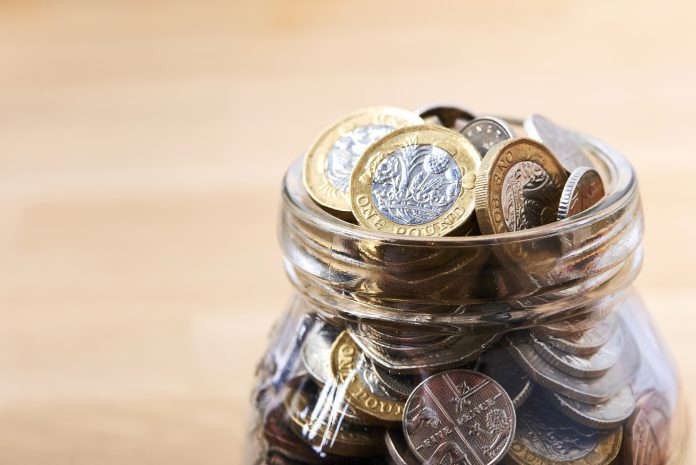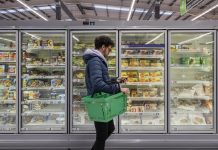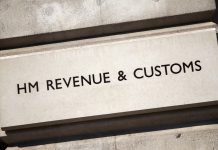The cost of living crisis and the current economic climate continue to create severe financial difficulties for many households in the UK. In times of such high inflation and soaring food costs, it is not surprising, therefore, if the consumer purchasing habits change
Spending power is considerably reduced if wage rises do not keep up with inflation, and the need to make money go further typically changes consumer behaviour as people cut back and try to stretch the household budget.
Changing consumer behaviour in the cost of living crisis
Buyer behaviour can be relatively predictable when economic times are good. Whether consumer behaviour changes in a troubled economic climate, however, largely depends on their income or level of wealth.
Low-income households are likely to find it extremely challenging to make ends meet in this economic situation. On the contrary, high earners may not feel the need to alter their shopping habits at all.
So how have some consumer habits changed due to the current economic climate?
Cutting back on spending
Consumers are generally restricting their spending to necessary items only in response to the cost of living crisis, including food, energy, and fuel. Discretionary spending – on electronics or luxury goods, for example – typically lowers. Supermarket loyalty schemes have also come to the fore, providing store cardholders with access to lower prices.
Shopping around more
With purchasing power reduced, carefully comparing prices and shopping around for the best deals has become a necessity for many consumers. Some supermarkets are matching their prices with discount food retailers to attempt to retain customers.
Choosing supermarket-own brands rather than big-brand items
Value brands and supermarket own-label items have become a reliable way for shoppers to save money. With many household budgets stretched to their limits by rising interest rates, soaring inflation, and high fuel and energy prices, every penny matters. In response, some supermarkets have extended their value ranges to help consumers purchase more staple food items cheaply.
Reducing the number of shopping trips made
Cutting back on the number of times people go high street shopping or to the supermarket reduces their spending on fuel, as well as potentially avoiding spontaneous purchases that could further compromise their financial stability.
Cancelling subscriptions and memberships
TV streaming services and other subscriptions such as gym memberships, are typically some of the first items to be cut back when the economy is struggling. Consumers find ways to adjust their lifestyles and behaviours when money is scarce.
The current economic climate is affecting people and families in different ways. Lower-income households and those with significant debt are at greater risk of experiencing problems in times of high inflation and rising costs and are most likely to have to amend their spending habits and shopping frequency.
Middle-income earners are also vulnerable to the effects of our current economic climate, however, and financial insecurity is always a possibility, especially if their wages do not increase at the same rate as inflation.
It is not only a household’s finances that are impacted by economic factors, however. When consumers have no choice but to change their buying and spending habits and cut down drastically on essential items, it can have an adverse effect on their mental and physical well-being.
Sources:
This article was written and provided by Paul Williamson of Selling My Business















